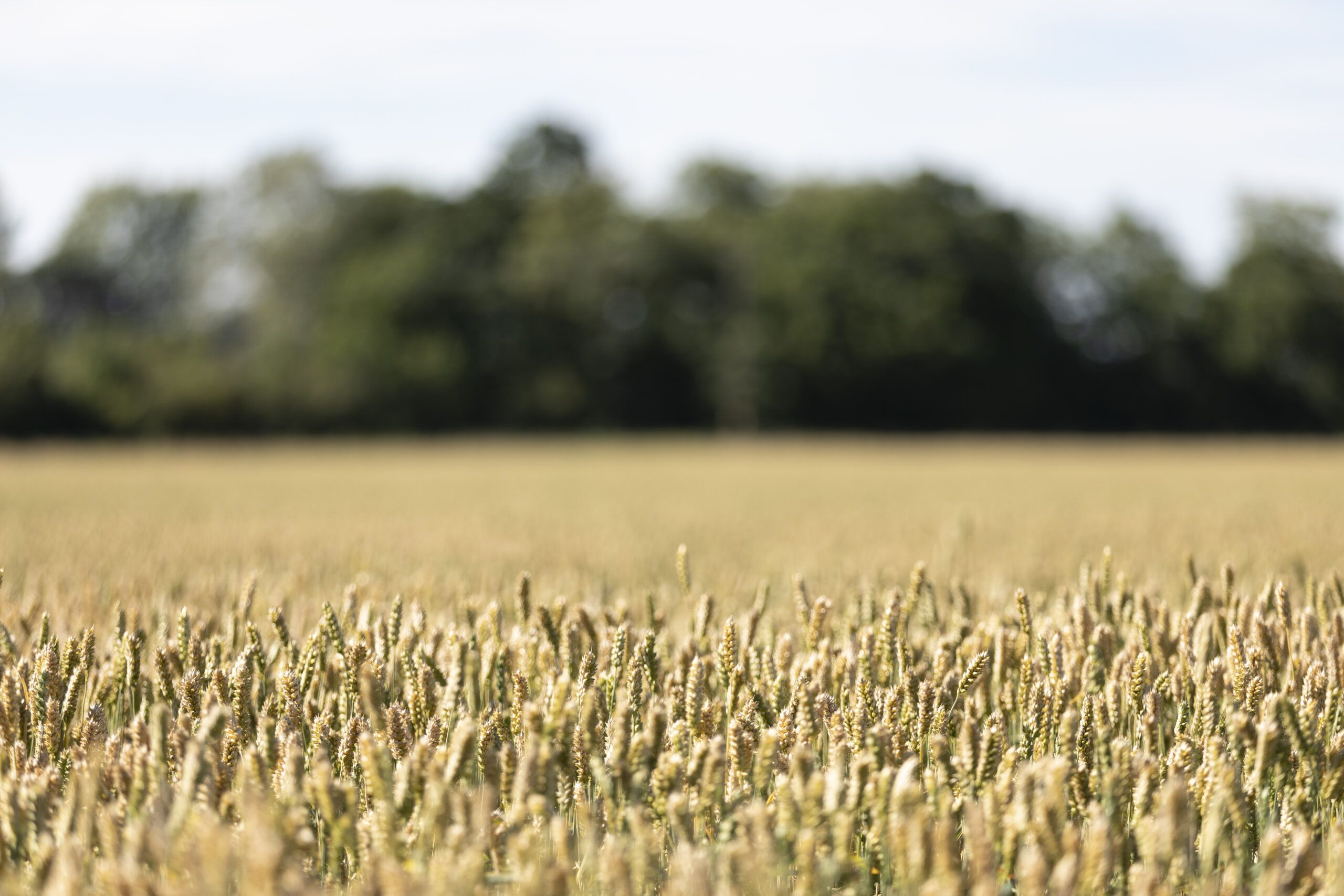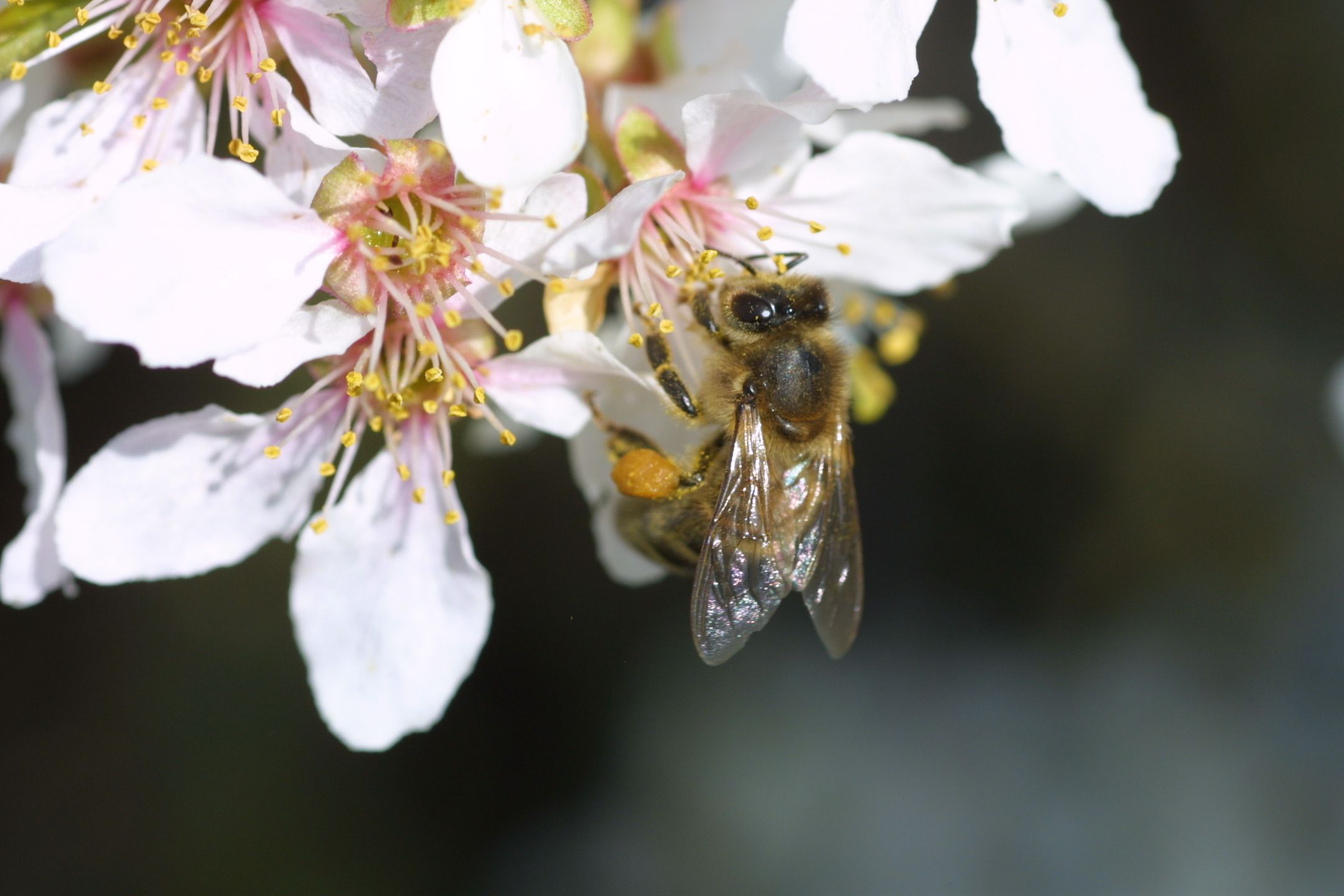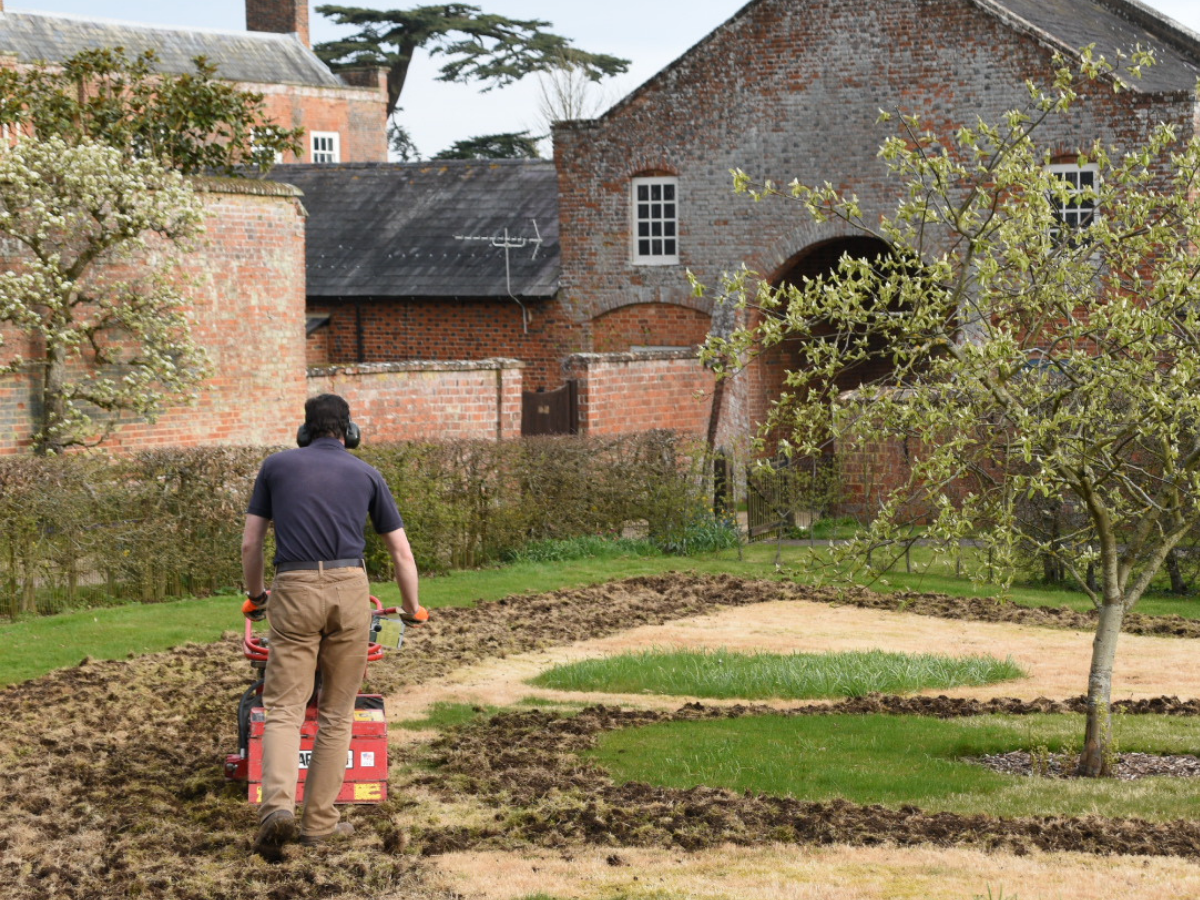Reducing our carbon footprint
We’re always looking at ways on the farm where we can reduce our carbon footprint, that’s why we’re conducting a trial of a new seaweed fertiliser. Here on Claydon Estate our in-hand farm specialises in growing combinable crops such as wheat, oats, oilseed rape, field beans and linseed. One of the highest points of carbon emission on any arable farm is the use of artificial fertilisers. A significant amount of greenhouse gasses are produced in the manufacture and transportation of these fertilisers, and the carbon footprint can be as much as 80%. ...


